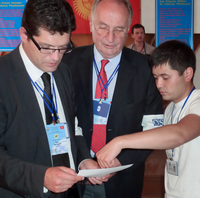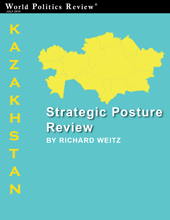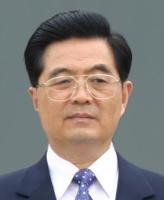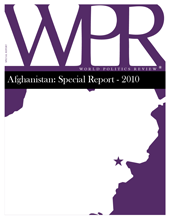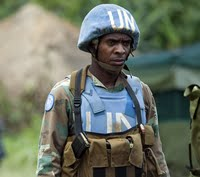
Diplomats and international officials like talking about conflict prevention, but they are curiously uncomfortable talking about how conflicts actually work. Instead, there is a never-ending quest to explain the economic or social root causes of today’s wars. These explanations have gained in sophistication to the point that no self-respecting analyst today would ascribe violence to “ancient ethnic hatreds,” a phrase that was often applied to the Balkan wars just a decade ago. Instead, economists talk about how greed and natural resources fuel violence, reducing rapacious governments and marauding rebels to rational economic actors. Political experts prefer to highlight the need […]

